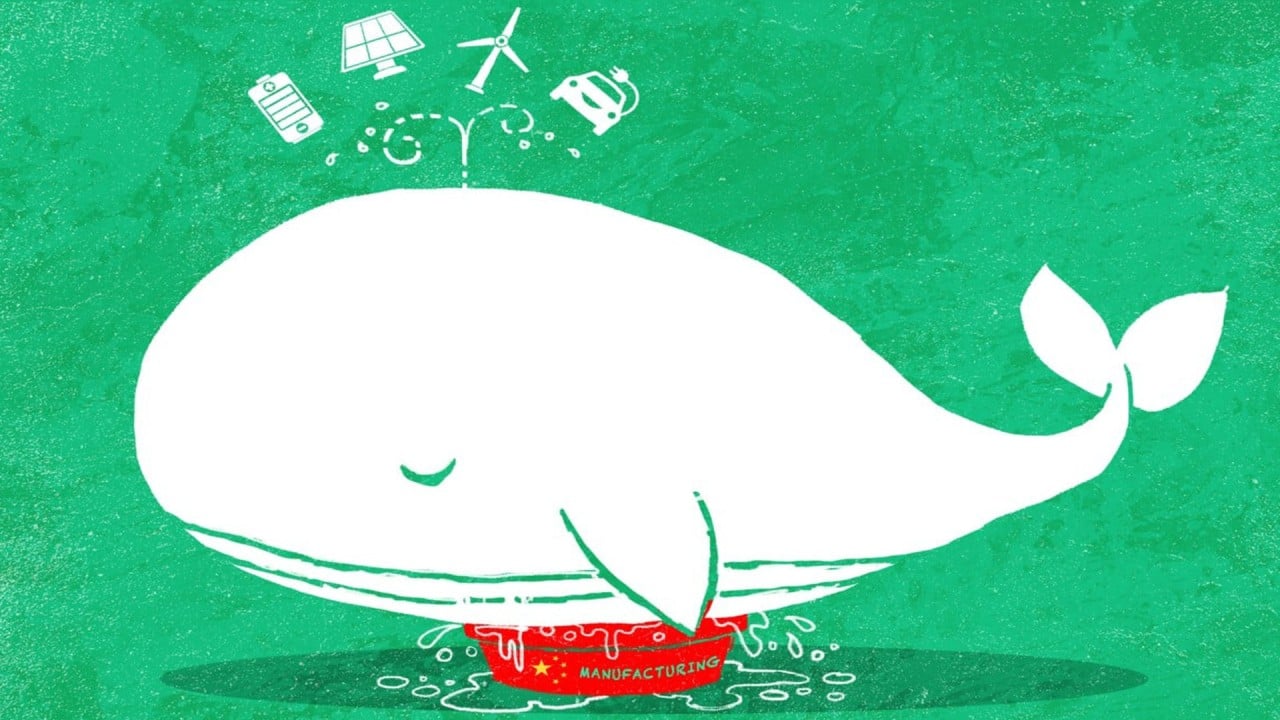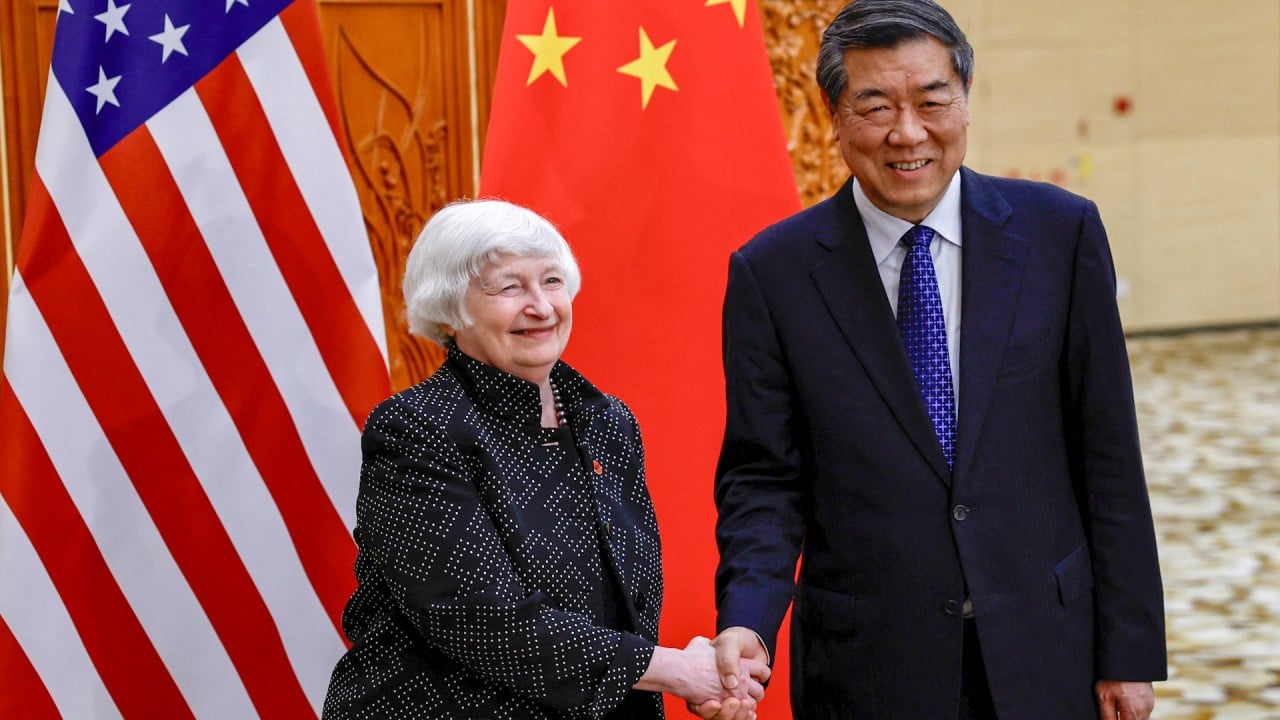
Exclusive | ‘Very sensitive situation’: is China flooding Europe with ‘overcapacity’ of new energy goods?
- A former Belgian envoy to the EU says China is not intentionally manufacturing overcapacity to undercut Western competitors
- Jean de Ruyt says trade divisions are exacerbated by looming EU and US elections and a protracted war in Ukraine
In an interview with the South China Morning Post, long-time diplomat Jean de Ruyt said the EU must stay engaged with China despite their divisions over trade and the Ukraine war.
But de Ruyt, who is co-chair of the Brussels-based Europe-Asia Centre, said China’s “overcapacity” issue is not a deliberate attempt to undercut Western competitors.
“The reason there is overproduction … is not because the Chinese want to annoy Europeans, it is because of the reduction of consumption locally, because of the pandemic,” de Ruyt, who is also a former ambassador to the United Nations and Nato, told the Post on the sidelines of the Global Prosperity Summit in Hong Kong on Tuesday.
“But the result is there. If you go to Belgium, to the ports of the North Sea, you have a huge parking lot where we’ve seen thousands and thousands of Chinese electric cars … so it is a problem … and the European Commission had to react to that.”
China has long rejected Western accusations of overcapacity, calling their trade restrictions “discriminatory” and disruptive to global green development. In a meeting with European Commission chief Ursula von der Leyen and French President Emmanuel Macron last week, Chinese President Xi Jinping called on the EU to “properly handle” the issue with China through dialogue.
De Ruyt said the EU is now in a “very sensitive situation” amid instability and unpredictability brought by the war in Ukraine and a possible return of former US president Donald Trump, while politicians are also more likely to risk using “protectionist” measures as the bloc’s parliamentary elections near.
Europe is increasingly divided on Ukraine policy as the war has stretched into a third year. While the EU attempts to present united political and financial support to Ukraine, concerns have risen that a second Trump administration could cut off aid to Ukraine and pro-Russian right-wing parties could gain more seats in the parliament.
Amid apparent cracks over a US security commitment to Ukraine, Xi’s tour to Europe last week – his first to the continent in five years – was seen by many as China’s attempt to drive a wedge between the EU and US.
The EU has long been sceptical about China’s claim of neutrality in the war, and accused it of providing dual-use goods to Russia that empowers Moscow’s military industrial base.
In Europe, Macron appeared to have secured a Chinese commitment not to provide arms to Russia and to help control the flow of dual-use goods. But Xi also fended off Western criticism of China’s position on Ukraine, reiterating that Beijing did not start the war, nor is it a party to it, while warning against using the crisis to “cast blame” on China.
“We respect the fact that it is not the way China looks at the issue”, de Ruyt said, adding that China has played a positive role in openly opposing the use of nuclear weapons in the war.
“We would like, obviously, China to be on our side against Russia … What we would not expect, or would not like, is if China would give lethal assistance to Russia.”

 - Kawala Xie.jpg?itok=NogZcyZ-&v=1661304068)

